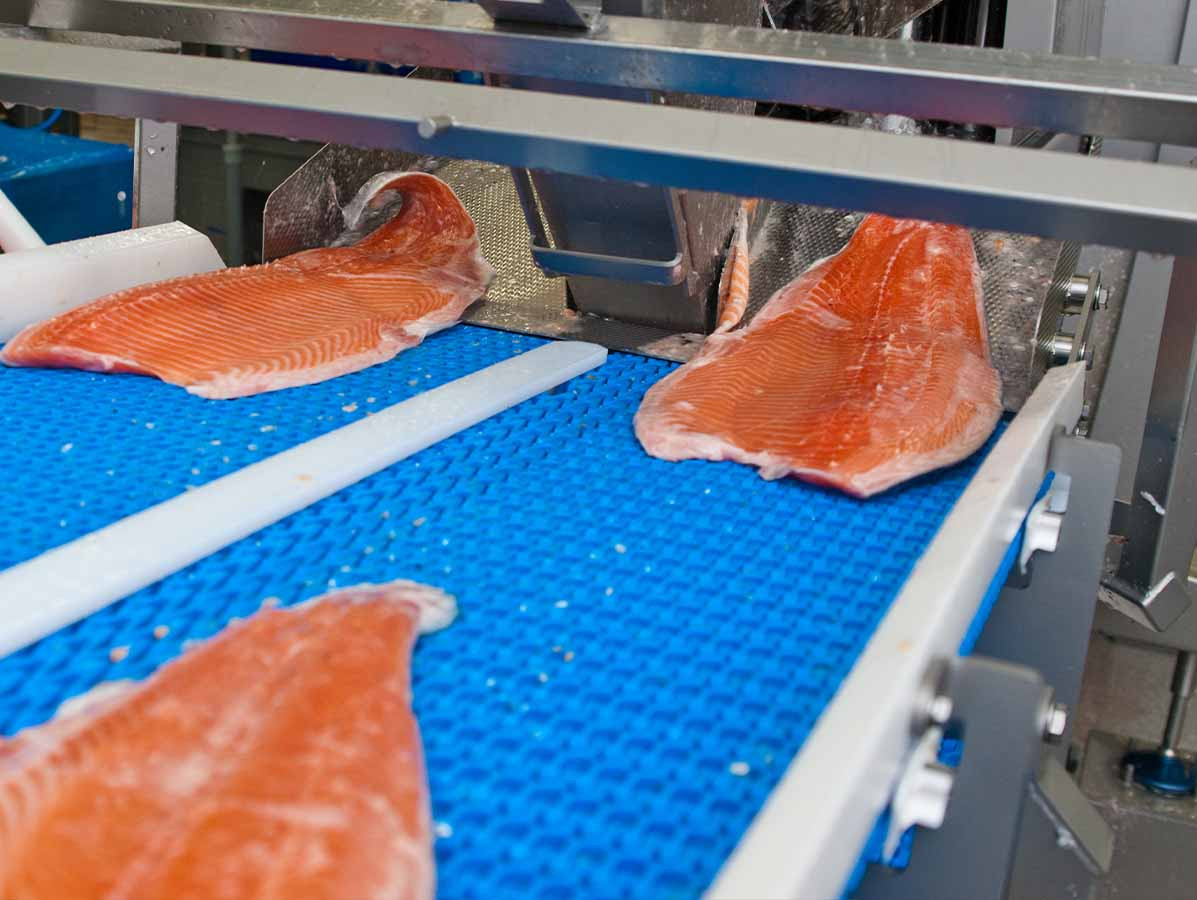
A recent conference hosted by the Visfederatie in Wassenaar tackled crucial issues surrounding food consumption and waste. The complexity of environmental, population, and health challenges demands a reevaluation of our food patterns. Despite the need to reduce meat consumption and increase fish intake, these shifts lag behind in the Netherlands. Consumers are often driven by factors such as taste, price, and health, with sustainability taking a back seat.
Machiel Reinders, a researcher at Wageningen University, shared tips for the fishing sector to guide consumers toward more sustainable choices. Focusing on specific target groups, emphasizing 'identity and social status,' providing information, and narrating inspiring stories can influence consumers. Additionally, changes in the hospitality industry, such as offering smaller portions and steering default choices, can contribute to an uptick in fish consumption.
Despite global efforts against food waste, a significant portion of food is still lost worldwide. In the Netherlands, this amounts to approximately a quarter. The Visfederatie is now joining efforts to address this issue by collaborating with five fishing companies in a pilot program. These companies will gather data using a standardized template to map out food waste. The Stichting Samen tegen Voedselverspilling emphasizes that every invested euro in solutions pays back 14 times.
Visfederatie Chairman Guus Pastoor stressed that sustainability in the fishing industry comes with its costs. In times of economic pressure, it is crucial to evoke sympathy and naturalness alongside rational arguments with consumers. Pastoor recognizes that the fishing sector competes with cheaper proteins like chicken and emphasizes, "If you're not the cheapest, you need to ensure you're the best."
The economic weight of the fish chain is shifting to trade and processing companies, increasingly reliant on raw materials outside the EU. The Visfederatie believes in a united image for the Dutch sector and is working on a communication strategy under the overarching concept of 'Holland.'
The Visfederatie takes the lead in food safety with the initiative for a contaminants database. Companies can input test results, allowing for more efficient test protocols and avoiding unnecessary tests. This approach provides both cost savings and assurance that products meet all requirements.
Pastoor highlights upcoming changes in the European Parliament and the European Commission. He advocates for a separate commissioner for fisheries, apart from environmental issues, emphasizing the strategic value of food provision. The Visfederatie aims for a collective effort to place fish high on consumers' wish lists and convince policymakers of the crucial role of the fishing industry in food production and trade.
Source: Visserijnieuws